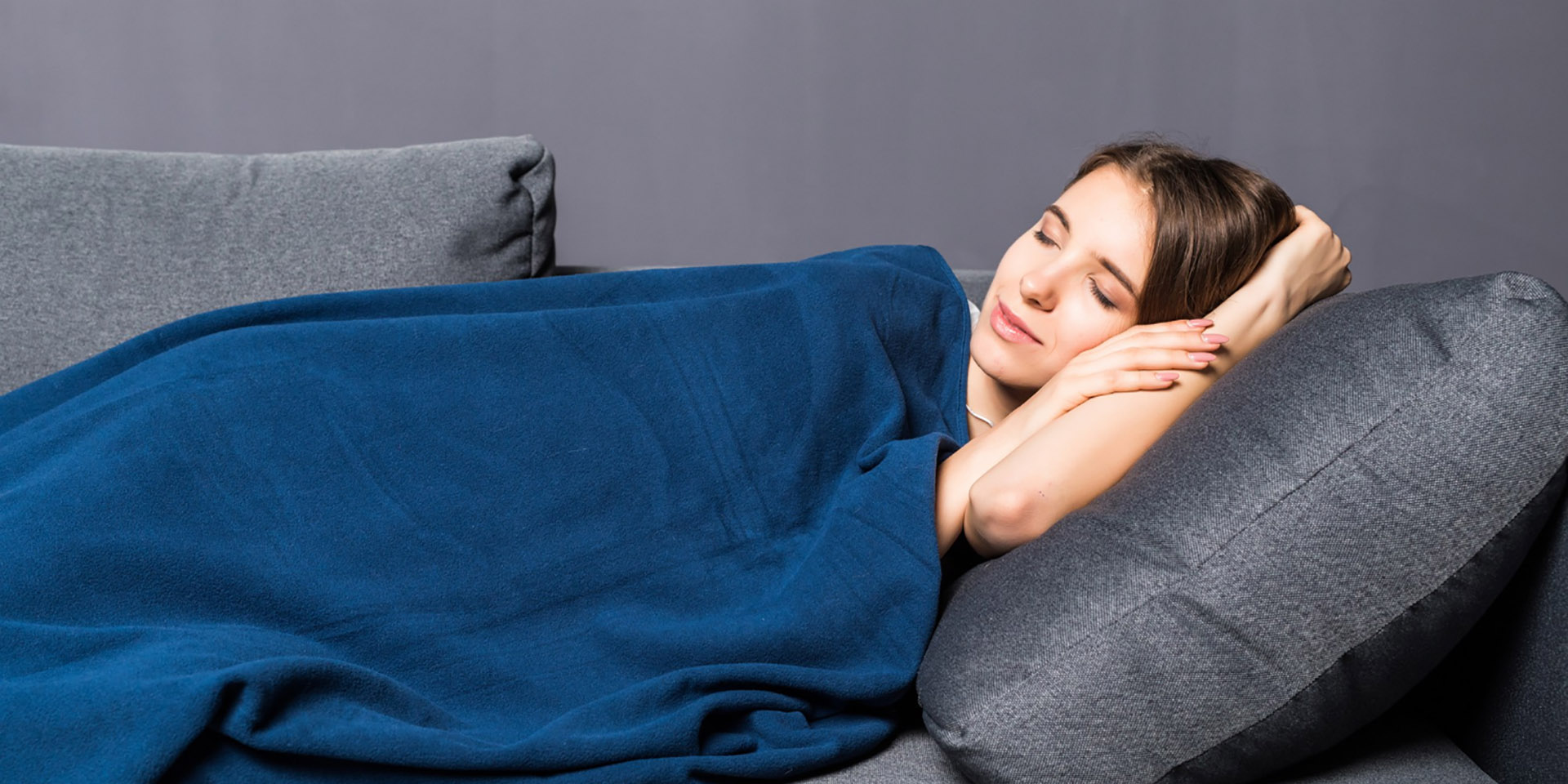Sleep Hygiene Recommendations
Good sleep starts with healthy habits. Explore simple yet effective recommendations to improve your sleep quality and support your PAP therapy success.
Sleep Hygiene Recommendations
Simple Habits for Better, More Restful Sleep
Good sleep hygiene is an important basic treatment element for sleep disorders regardless of the cause. Sleep hygiene education (outlined below) provides information about lifestyle and environmental factors that may help or hinder sleep. Sleep hygiene provides an essential foundation for other management approaches but is not a sufficient treatment for insomnia on its own.


